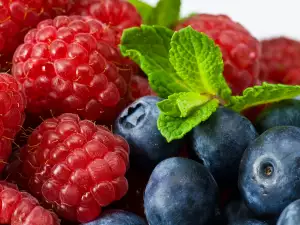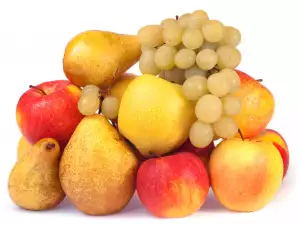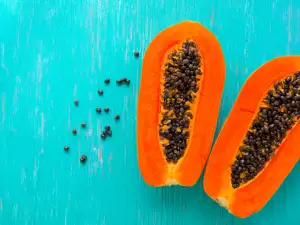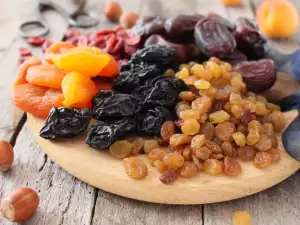Fruits are among the irreplaceable products that every person needs to consume daily. They contain many vitamins and other valuable substances that the human body cannot function without.
They are even healthy for people suffering from diabetes, who need to be careful about every single food they eat.
Anyone familiar with healthy eating and the food pyramid in turn, is aware that fruits are located in its central part, which means that it's absolutely imperative to eat at least one fruit per day.
It's also important to note that fruits should not be peeled in order to retain their vitamins and cellulose and must never be consumed overripe.
As well, you should choose fresh seasonal fruits, in order to be sure that you're eating quality products. Here's a little information on the fruits characteristic for each and every season:

Spring Fruits
These are strawberries, cherries and sour cherries, as well as certain varieties of apples and pears.
Summer Fruits
Here we see a greater variety, again with strawberries, cherries, sour cherries, apples and pears but also with the addition of watermelons, melons, raspberries, blackberries, plums, peaches, apricots, certain varieties of grapes, figs, cranberries and others.
Fall Fruits
Fall fruits include apples, pears, grapes, quinces, plums, figs, peaches and kiwis.

Winter Fruits
These are all of the citrus fruits, as well as bananas. You may find seasonal apples, pears and grapes at the beginning of winter but only by them if you're positive that they're homegrown.
The best option is to focus on citrus fruits such as mandarins, oranges, grapefruits, pomelo, pineapple and other fruits offered year-round.
These include imported fruits such as bananas and avocados, available in larger stores. You may also come across watermelons and melons but find out what country they are imported from and whether it's warm enough there to allow them to grow naturally.




















Comments